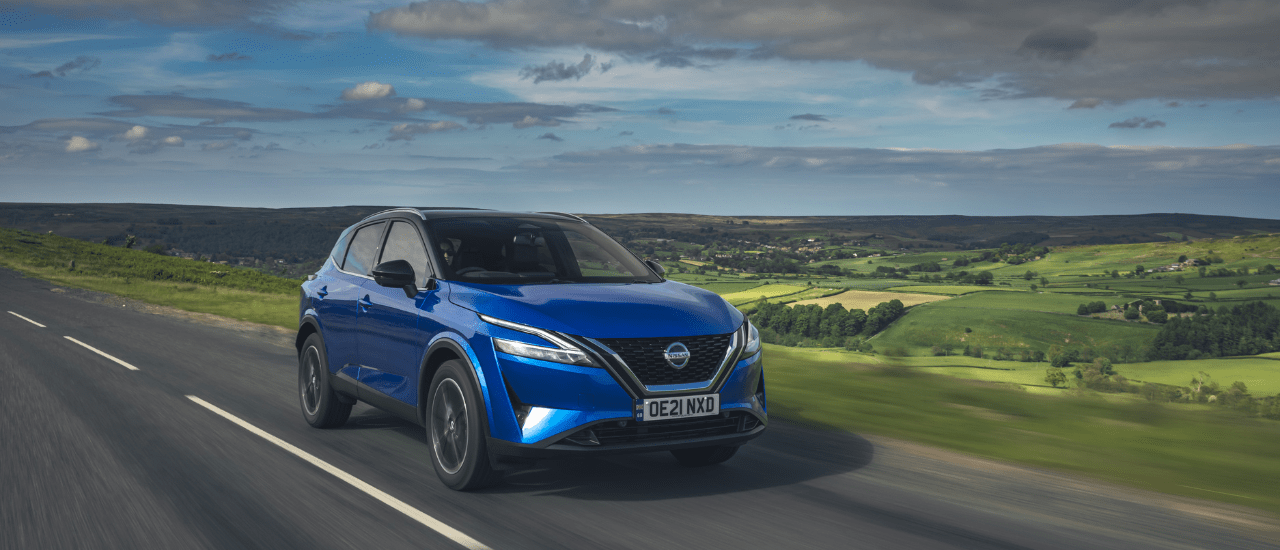
Why Does the UK drive on the left?
Today, about two thirds of the world drive on the right and a third on the left, but how did it come to pass? And why is the UK in the minority?
In 1998, archaeologists found a track leading to a Roman quarry near Swindon. The grooves on the left side of the road going away from the quarry were much deeper than the right. Archaeologists surmised that, since carts would exit the quarry heavy, and enter it empty, Romans drove on the left.
A little more recently, historians suggest that it was the advent of horse travel that really cemented left-hand driving on our green and pleasant isle.
As more people are right-handed, the horseman would have been able to hold the reins with his left hand and keep his right hand free – to offer a hand of friendship or draw a sword. While that remained little more than a custom, the first ‘keep left’ legal reference in Britain arrived in the early 18th Century. In a forerunner to the congestion charge, those traveling over London Bridge were ordered to keep left, disobeying the order incurred a 20 shilling penalty.
The move from left to right took place in the US due to wagons pulled by several pairs of horses.
Wagons had no driver’s seat, so a postilion (rider) sat on the left rear horse. This seating position was to allow the rider to hold his whip in his right hand. The left-seated position meant that he could also more easily judge passing wagons. He could be sure to keep clear of the wheels of oncoming wagons and avoid damaging his horses – he did that by passing on the right-hand side.
Moving forward some two hundred years, the placement of the steering wheel is conventionally opposite to the ‘rule of the road’ – left-hand driving countries used right-hand drive vehicles and vice versa.
This convention is so that a driver’s ‘line of sight’ is as long as possible down the road – important for overtaking. However, there are countries where this is not the case. Right Hand Traffic countries Afghanistan, Burma, and the Russian Far East permit both left and right-hand drive vehicles.
In Africa, Asia, and South America some countries have borders where drivers must change to the other side of the road – most notably Thailand (a left-hand driving country surrounded by right-hand driving neighbours).
Left-Hand countries deliver safer driving
A 1969 study showed that left-hand traffic countries like the UK have a lower collision rate than right-hand traffic systems. It has been suggested that this is partly due to humans being more right-eye than left-eye dominant.
In left-hand traffic systems, the better-performing right eye is used to monitor oncoming traffic and the driver’s wing mirror. In right-hand traffic, the weaker left eye takes over. Plus, left-sided driving is safer for the elderly due to their failing visual abilities.
And, on left-hand driving cars, the largely dominant right-hand stays on the steering wheels while the left changes gears, tunes in the radio and unwraps sweets.








